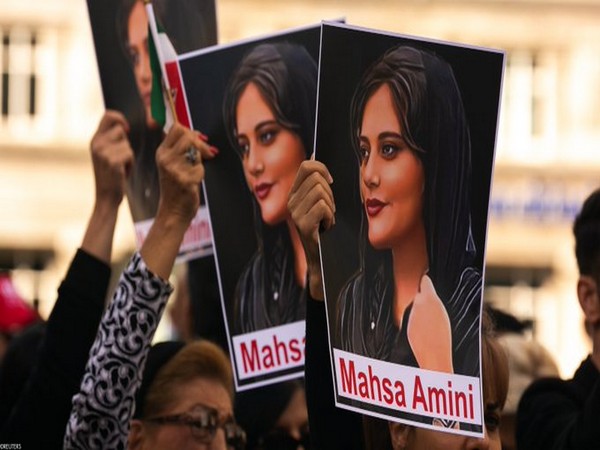Mahsa Amini's death in Iran custody was 'unlawful', says UN mission
A fact-finding mission mandated by the United Nations said on Monday the death of Mahsa Amini in custody of Iran's morality police was "unlawful" and caused by violence and that women in the country remain subjected to wide-ranging discrimination.

- Country:
- Switzerland
A fact-finding mission mandated by the United Nations said on Monday the death of Mahsa Amini in custody of Iran's morality police was "unlawful" and caused by violence and that women in the country remain subjected to wide-ranging discrimination. The death of 22-year-old Amini, a Kurdish Iranian woman, in September 2022 while in custody for allegedly violating the Islamic dress code unleashed months of mass protests across Iran. Her death marked the biggest challenge to Iran's clerical leaders in decades.
"Our investigation established that her death was unlawful and caused by physical violence in the custody of state authorities," Sara Hossain, chairperson of the Independent International Fact-Finding Mission on Iran, told the U.N. Human Rights Council in Geneva. She said the protests that followed were marked by "egregious human rights violations", including extra-judicial executions, arbitrary arrests, torture and ill-treatment, as well as rape and sexual violence.
"These acts were conducted in the context of a widespread and systematic attack against women and girls, and other persons expressing support for human rights," Hossain said. "Some of these serious violations of human rights thus rose to the level of crimes against humanity."
In response, Kazem Gharib Abadi, secretary general of Iran's High Council for Human Rights, accused the fact-finding mission of a "glaring lack of independence and impartiality". Hossain said that since the protests, women and girls in Iran were confronted daily by discrimination "affecting virtually all aspects of their private and public lives".
"It is hard to fathom that in the 21st century, women's access to the most basic service and opportunities, such as schools, universities, hospitals, and courts, or to opportunities for employment in government or other sectors, should be subjected to a wholly arbitrary requirement of wearing the mandatory hijab," she said.
(This story has not been edited by Devdiscourse staff and is auto-generated from a syndicated feed.)
ALSO READ
Sandeshkhali: Spot inquiry points to 'violation' of human rights, says NHRC
Sandeshkhali: Spot inquiry points to 'violation' of human rights, says NHRC
Canada slaps more sanctions on Belarus, citing human rights violations
Pakistan government "rarely took credible steps" to identify, punish officials violating human rights: US report
G7 foreign ministers express concern over China's human rights violations in Xinjiang, Tibet










